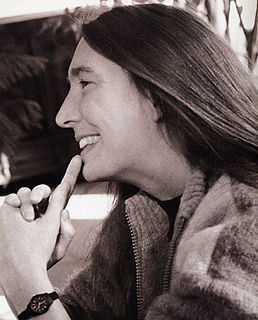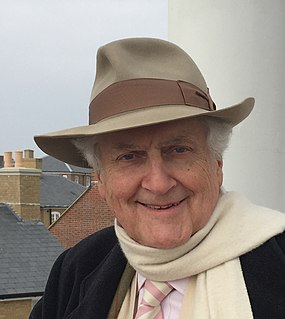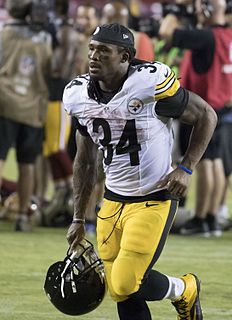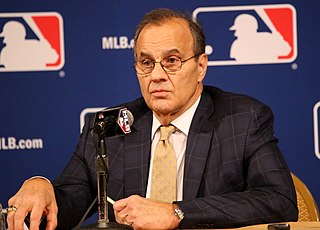A Quote by Jenny Holzer
I was hesitant to approach people. I'm socially awkward. But I was working on a number of memorials, and finally it dawned on me: These are memorials to people who wrote, so I should use their writing. That's how I started to quit.
Related Quotes
It occurred to me that memorials shouldn't be grand. If you really want to honor the memory of a tragedy, you shouldn't create areas of calm reflection. You should make people uncomfortable. Put them in the shoes of those who perpetrated and those who suffered. Then ask, would they be able to forgive in these situations?
There are a lot of war memorials around the UK. It's usually a part of the war memorials. I loved the way The Glorious Dead sounded. It's kind of a strange thing to say. There's nothing particularly glorious about being dead. It sounded like a strange, horror film. It just grew from there, really. It seemed quite apt for the record. We're kind of obsessed with zombie movies and horror films. It seemed like it just fit, at the time.
I did start out quiet, and I found out you can change a person's life by simply saying, 'Hey,' or, 'How was your day?' Not everybody gets that opportunity with the way society views you or how you look or the way you dress or how you interact. You hear the weird cliches: socially awkward. I think we're all socially awkward.
I wrote 'Turn Your Radio On' in 1937, and it was published in 1938. At this time radio was relatively new to the rural people, especially gospel music programs. I had become alert to the necessity of creating song titles, themes, and plots, and frequently people would call me and say, 'Turn your radio on, Albert, they're singing one of your songs on such-and-such a station.' It finally dawned on me to use their quote, 'Turn your radio on,' as a theme for a religious originated song, and this was the beginning of 'Turn Your Radio On' as we know it.







































